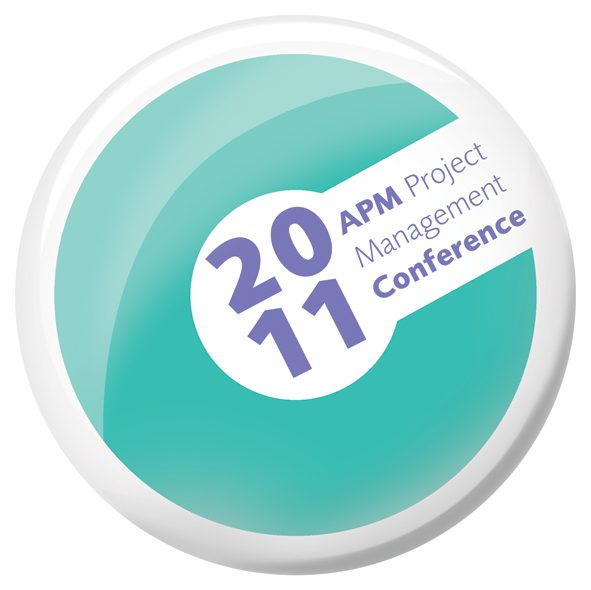Many of us have fast paced and highly demanding jobs so it’s no surprise that burnout can occur. Detecting signs of burnout is not something that can be easily taught but, nevertheless, it is important. So let’s look at the 3 main signs of burnout – knowing about them could help you spot the signs in a colleague, friend or family member.
Burn out is a state of chronic stress that leads to physical and emotional exhaustion. If left unattended, it will impact on productivity, morale and can affect your personal life too. Burnout is usually a gradual process which can often go unnoticed until the symptoms are too severe to ignore any longer. Being able to identify them as early as possible is essential to help prevent a situation becoming unbearable. Three signs you or someone around you might be close to burnout include:
- Exhaustion – Having no energy, poor memory, bad sleep and getting sick are signs of exhaustion.
- Alienation – This is having a negative perspective, neglecting yourself, getting easily agitated and isolating yourself.
- Reduced performance – Missing deadlines, becoming less engaged, procrastination and the inability to concentrate.
How To Combat Burnout
Have you noticed any signs of burnout like these? If you fear you’re facing burnout, the tips below could help you. It may be worth taking a look even if you’re not currently suffering any of the symptoms above, as they could help you to help others avoid burnout.
Time Control
Gaining control over your time is crucial. As project managers, your time is just as valuable as any team members. Try scheduling meetings based on your availability and if there isn’t time in your schedule it can wait. Most projects will not be hugely hindered by waiting a couple of days for a less than critical meeting.
Taking a break
It may sound simple but make sure to take your breaks and preferably move away from your desk to do so. Take a quick walk around your work area and have lunch out of the office. This will give you those much-needed mental breaks.
Don’t go to work sick – and take your holidays
When you are sick, don’t go into work because you feel there is too much to do. Listen to your body, it is telling you to slow down and take a much-needed rest. Make sure to take your holidays throughout the year and not leave it till the end. Taking this time will improve your mental and physical health.
Create work/home boundaries
It is important to look at boundary lines between your work and personal life. This can be hard to accomplish when project managers are working long hours and want to be available for their team and clients. Whilst being available is important, there are times when you should not be. Family and social time is important, and so is time on your own.
Invest in yourself
One of the most important things we can do is to take care of our health. You can do so by getting a balanced diet and regular exercise, as well as ensuring you are getting the right amount of sleep. Another way to invest in yourself is in terms of updating skills that might provide techniques to help you manage your time and your projects more efficiently, such as time management.
Avoiding burnout is best, but if you’re already suffering, the tips above could help you come out the other side, and give you some insight into avoiding future episodes.



